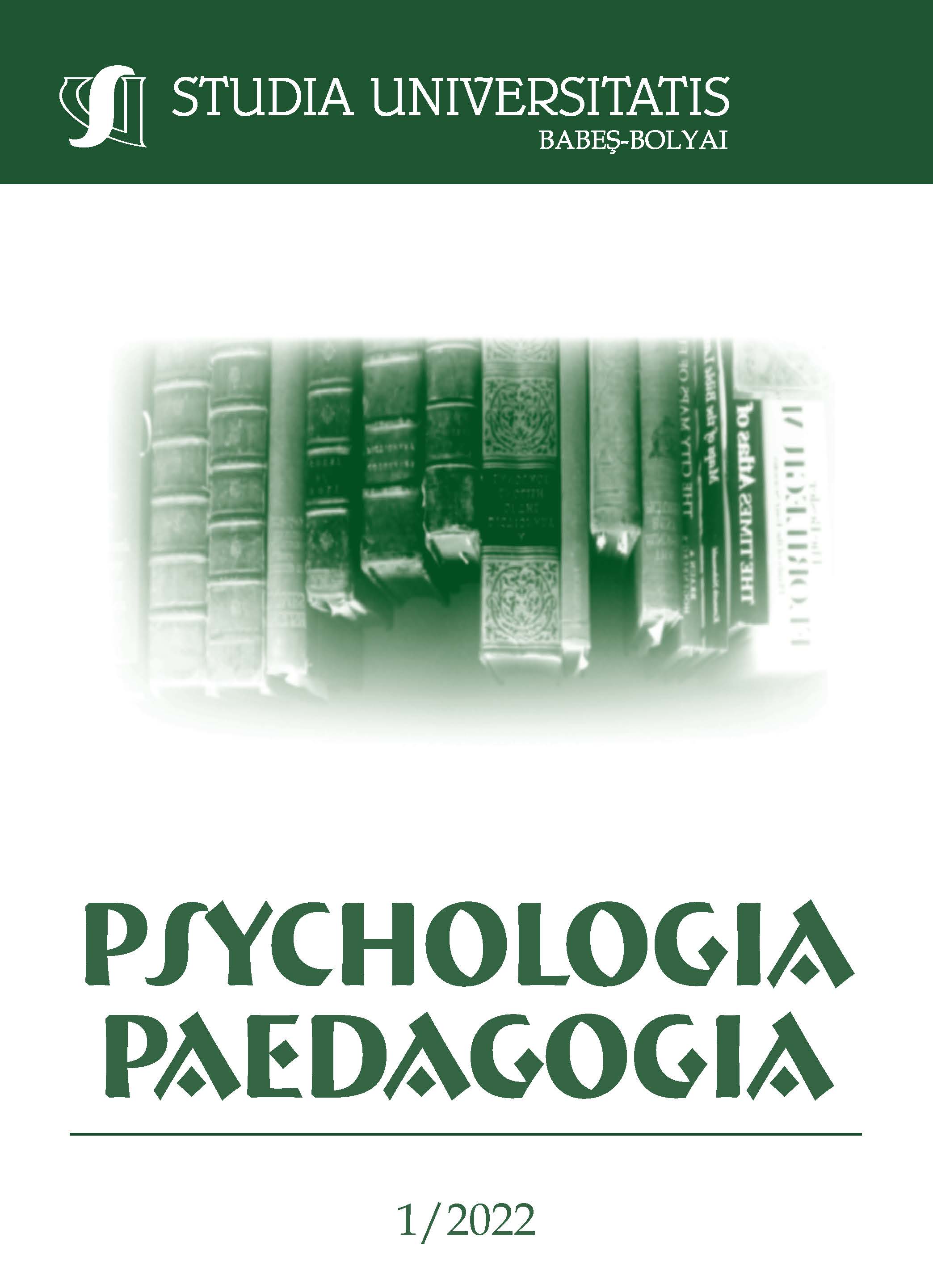ADVANCED THEORY OF MIND AND EXECUTIVE FUNCTIONS DURING MIDDLE CHILDHOOD
ADVANCED THEORY OF MIND AND EXECUTIVE FUNCTIONS DURING MIDDLE CHILDHOOD
Author(s): Melania Moldovan, Andra Diana Coman, Laura Visu-PetraSubject(s): Psychology, Preschool education, School education
Published by: Studia Universitatis Babes-Bolyai
Keywords: theory of mind; interpretive theory of mind; executive functions; middle childhood;
Summary/Abstract: The understanding of the mind and its relation with cognitive abilities during middle childhood is still limited. One dimension of it, the interpretive diversity understanding, represents an understanding that people can have different interpretations of the same situation due to differences in their beliefs, attitudes, and knowledge. We aim to investigate, for the first time in literature, three dimensions of advanced theory of mind (ToM): faux-pas understanding, strange stories and interpretive ToM, in relation with executive functions (working memory, inhibition and switching), in an emotional framework (anxiety symptoms) during middle childhood (9-12 years). Results revealed that the three ToM abilities did not correlate with each other, and only strange stories correlated with inhibition and switching. On the other hand, the total ToM score based on the three measures was predicted by working memory and comprehension. These results support the approach to ToM as a non-coherent construct in middle childhood, and the need for further research that looks at the subdimensions included under the executive functions and ToM umbrella. Understanding the relationship between ToM dimensions, as well their interdependence with executive functions is essential for preventing early social and cognitive difficulties during middle childhood.
Journal: Studia Universitatis Babes-Bolyai - Psychologia-Paedagogia
- Issue Year: 67/2022
- Issue No: 1
- Page Range: 25-40
- Page Count: 16
- Language: English

